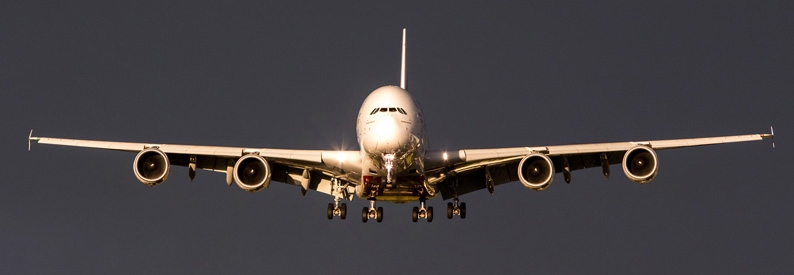IATA’s Willie Walsh Urges Airlines to Embrace a Digital, Safer, Sustainable Future

In a sweeping keynote at the 81st IATA Annual General Meeting in Delhi, Willie Walsh, director general of the International Air Transport Association, called on the aviation industry to accelerate digital transformation, prioritize data-driven safety, and remove regulatory and operational roadblocks if it wants to remain future-ready. Addressing an industry serving 5 billion passengers annually and generating $979 billion in revenue, Walsh warned that while technology exists to revolutionize air travel, government inaction and outdated systems could hold it back.
Highlighting 2024’s record safety—only seven fatal accidents among 40.6 million flights—Walsh reaffirmed IATA’s commitment to achieving zero accidents and fatalities. The key, he said, lies in harnessing aviation data and artificial intelligence. Citing IATA’s Global Aviation Data Management program, which collected insights from 8 million flights last year, Walsh emphasized AI’s role in enhancing predictive safety. However, he sharply criticized governments for failing to publish investigation reports in a timely manner, calling this a missed opportunity to prevent future incidents.
Walsh also made a forceful pitch for global adoption of digital identity in travel. Arguing that travelers are already accustomed to digital experiences, he called on governments and the International Civil Aviation Organization to set standards enabling passengers to navigate airports without physical documents. On the cargo side, he championed IATA’s ONE Record initiative—launching in 2026—as a much-needed unified data system to replace outdated paper documentation.
Sustainability also took center stage in Walsh’s remarks, with particular focus on the slow adoption of Sustainable Aviation Fuel. He criticized government mandates that increase airline costs without stimulating SAF supply, labeling the European Union’s approach a “great green scam.” While SAF is expected to contribute 65% of aviation’s carbon mitigation by 2050, Walsh said meaningful progress depends on action by fuel producers and aircraft manufacturers. He highlighted IATA’s new SAF Registry and Matchmaker platforms as key tech tools to boost supply and traceability.
Walsh also pointed to serious bottlenecks in aircraft deliveries, noting that a 17,000-aircraft backlog could take 14 years to resolve. He revealed that over 1,100 aircraft under 10 years old are sitting idle and criticized the sluggish replacement rate of 3%—well below the industry norm of 5-6%. These shortfalls, he said, lead to lost revenue and inflated leasing and maintenance costs.
Some infrastructure advancements were acknowledged, particularly in Asia, the Middle East, and Latin America. Walsh cited India, Vietnam, and Dubai as examples of forward-thinking development. But Europe came under fire for delays in air traffic modernization and what Walsh described as protectionist policies undermining competitiveness, particularly in the Netherlands with cuts to Schiphol Airport capacity.
In closing, Walsh reiterated aviation’s historic role in economic development and democratizing global travel. He urged industry and regulators alike to embrace a future that is digital, decarbonized, and freed from bureaucratic gridlock. “The tools are here,” he said, “but our systems must move just as fast.”
Related news: https://airguide.info/category/air-travel-business/artificial-intelligence/, https://airguide.info/category/air-travel-business/travel-business/
